Japan’s Prime Minister Fumio Kishida won’t be the prime minister after September. Kishida served longer than most – nearly three years. Japanese prime ministers, except the late Shinzo Abeseem to come and go so often that one might think it isn’t so important who is actually the prime minister.
But it does matter. Especially, when it comes to Japan’s defensewhich in recent years, has seen unusual progress.
One worries that with a different prime minister, Japan’s efforts to bolster defense will “drift” as has historically been the case.
There have been a few interludes of relatively rapid and measurable progress.
When it drifts, it is no faster and no slower than Japan feels like moving.
And that means nothing that might provoke too much criticism from the Asahi ShimbunOr that might upset the Liberal Democratic Party (LDP) coalition partner, Komeito. Or even the leftist factions in the LDP itself.
So Japan ends up doing what is easy rather than what it needs to do – regardless of regional circumstances and threats just beyond Japan’s borders.
For the last decade or more these threats have been unmistakable as the People’s Republic of China gears up to teach Japan a lesson. And it finally has the means to do so. Not to mention its friends in Pyongyang and Moscow that will help out.
The last few years have been an exception on the defense front for Japan. It’s been faster than normal progress.
And Kishida deserves crediteven if he just had the good sense not to unduly interfere with the progress being made.
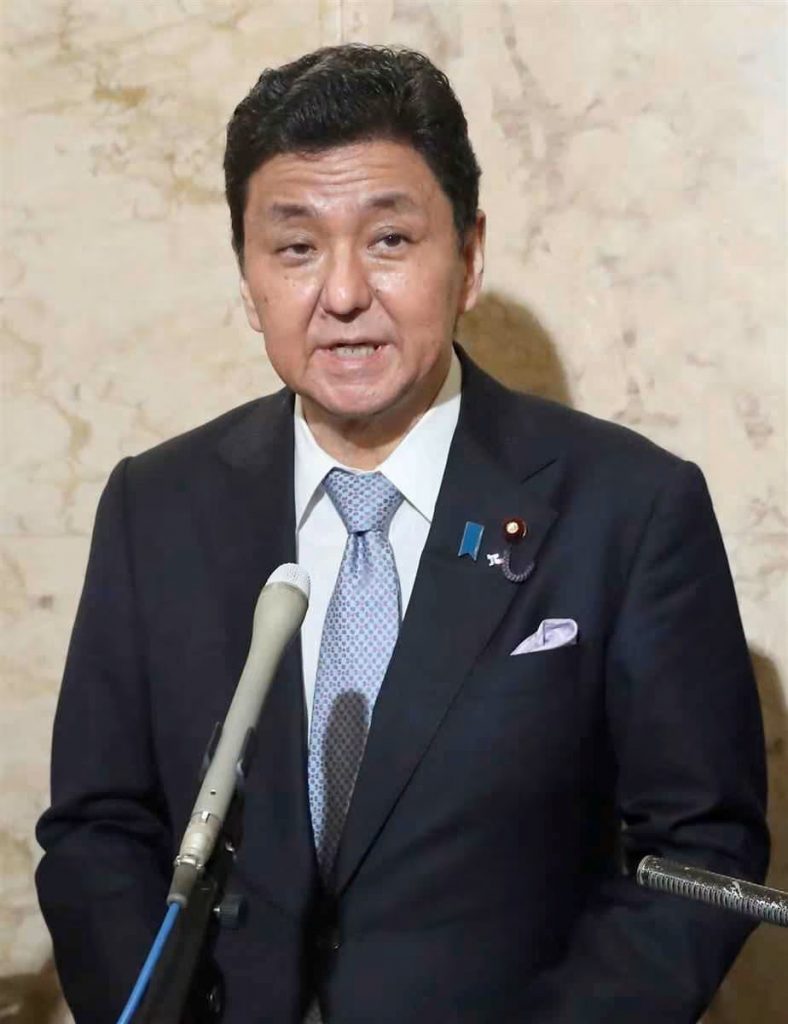

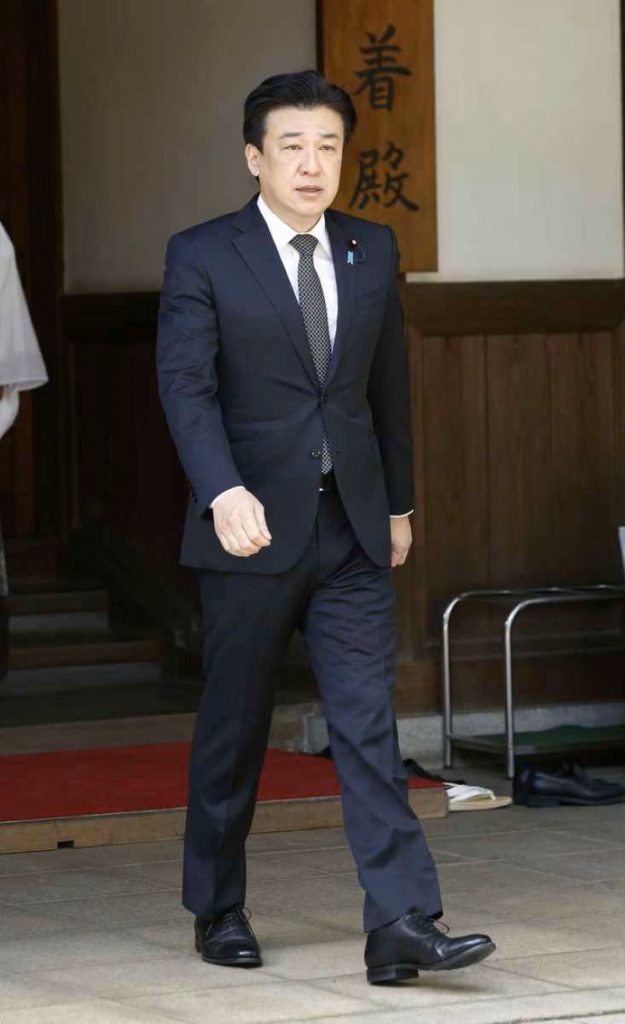
Thought and Hard Work
These improvements didn’t happen by coincidence.
Two of Kishida’s Defense Ministers, Minoru Kihara and Nobuo Kishiwere among the best of the more than forty or so defense ministers (or Defense Agency heads) who’ve served since I got involved with Japan in the early 1990s. Both were interested in learning their portfolios, for starters. That set them apart from 90% of their predecessors.
Kihara has some good advisors. And there are other solid officials sprinkled throughout the bureaucracy who have quietly supported defense initiatives.
The Japan Self-Defense Forces Joint Chief of Staff, General Yoshihide Yoshida is also excellent, with a sound understanding of Japan’s defense requirements.
However, this may not continue if the new prime minister “cleans house” to put their team in place.
Even more, the focus might likely be on domestic issues. Those have more to do with keeping the LDP in power, rather than defense matters that keep Japan independent.

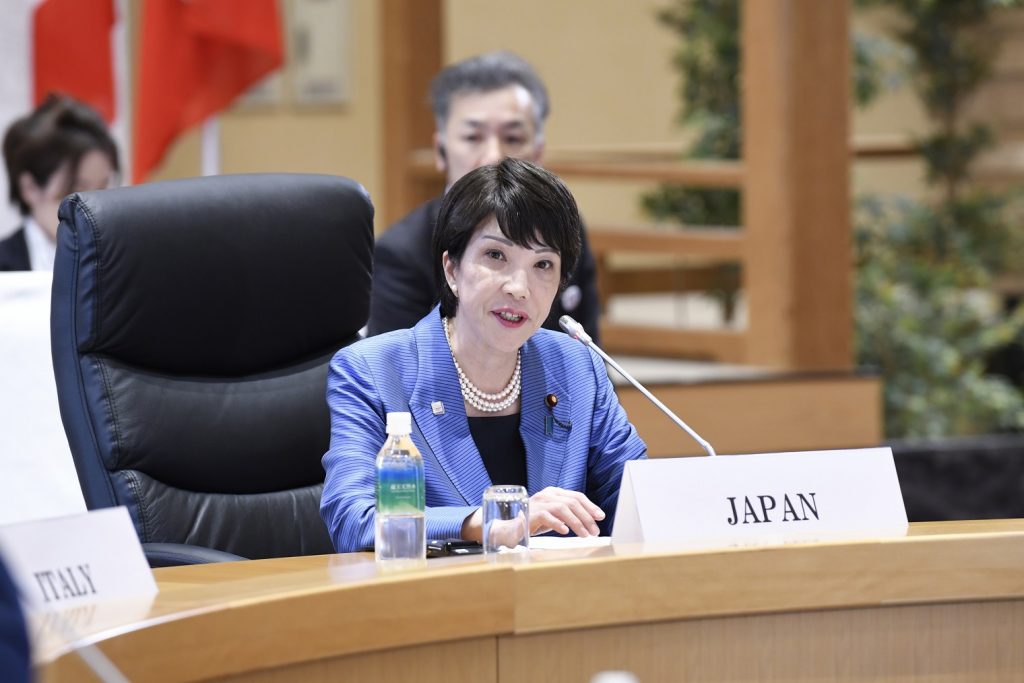
Who Looks Out For Japan?
Defense has never been a priority with most of Japan’s political class or the public at large. That is even though the Japanese public assumes “somebody” is looking after Japan’s defense.
Yes, many politicians and most of the public are wary of China. But that doesn’t translate into defense being a vote-getter warranting focused effort and clear thinking.
That’s the case in many, if not most, democracies.

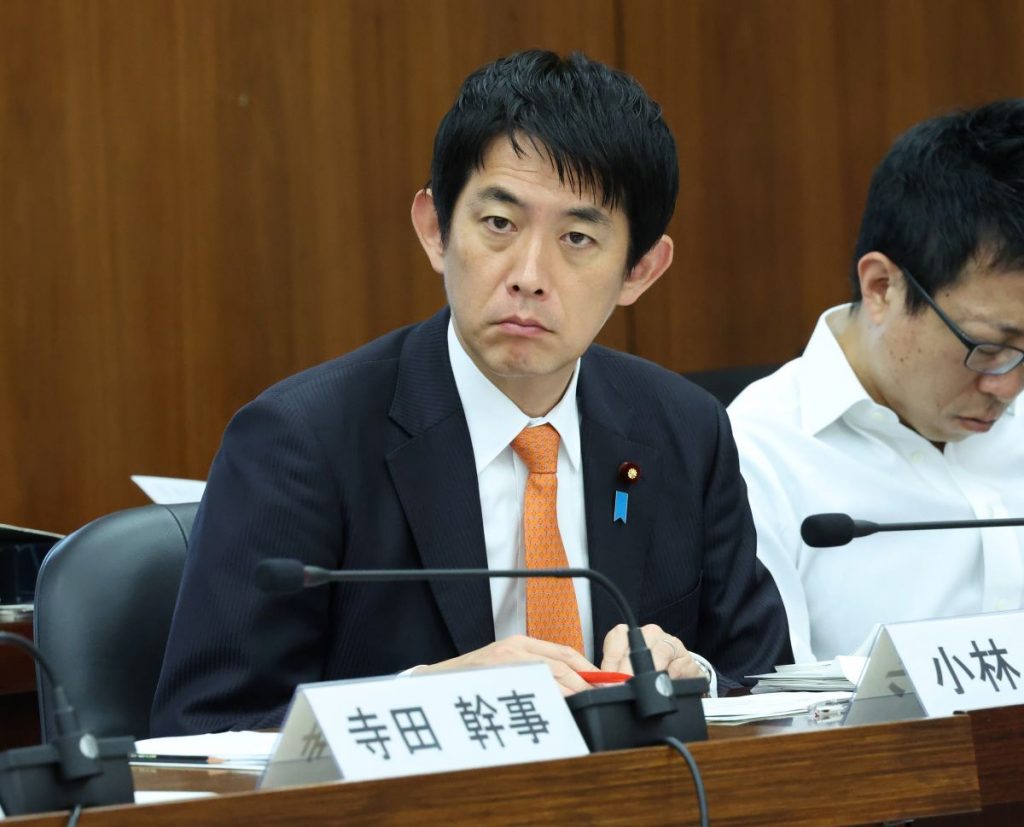
With a couple of exceptions, Sanae Takaichi (currently Minister for Economic Security) and Diet Member Takayuki Kobayashiit is unclear that defense is a priority for most candidates for prime minister.

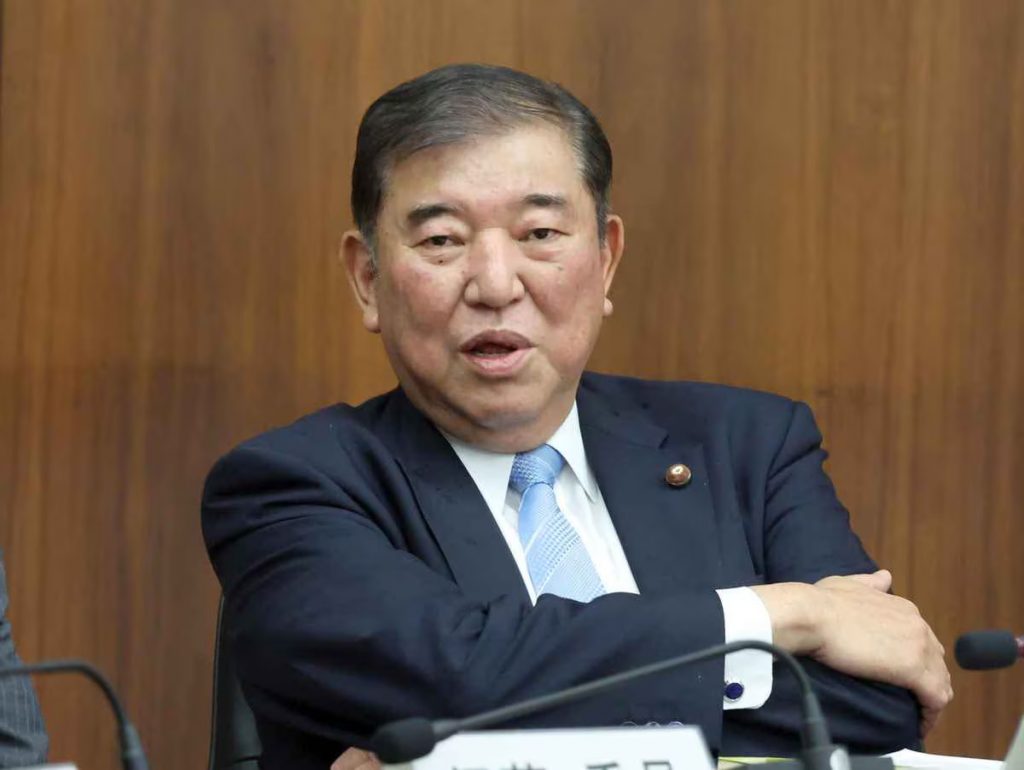
But what about Shigeru Ishiba? He’s a front-runner for prime minister. Earlier he also served as defense minister and before that, head of the former Defense Agency. Impressive on paper, but one is not convinced he’s the expert he thinks he is.

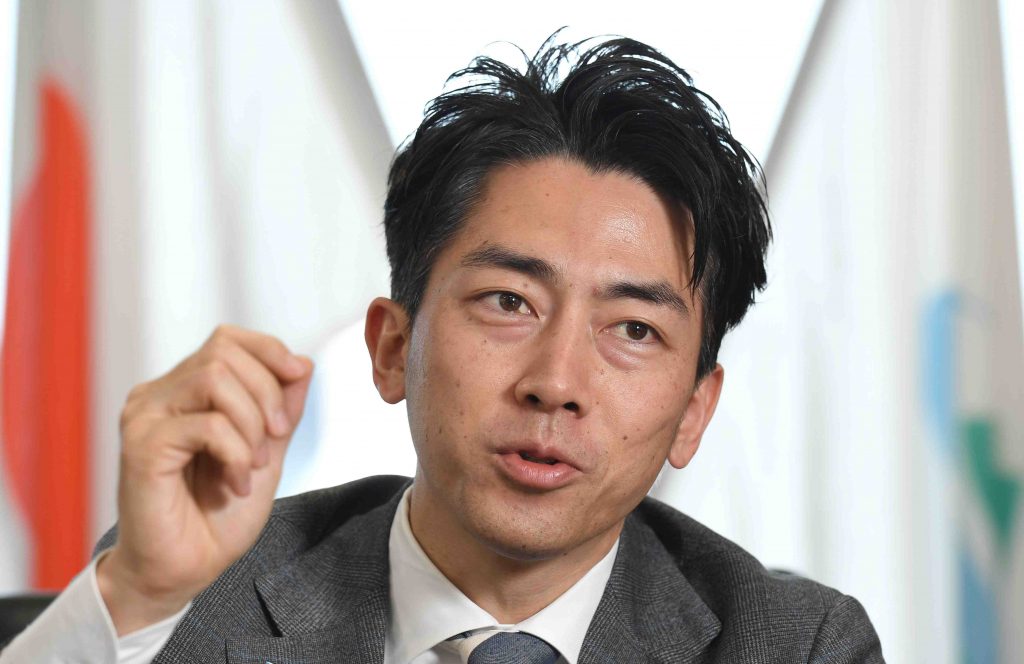
Managing the ‘China’ Issue
Japan also has a “don’t provoke China” and “must do business with China” constituency in its business class and political class. That includes within the LDP itself.
Moreover, Chinese “elite capture” has been as successful in Tokyo as in Washington, DC.
So one shouldn’t be surprised to see a push for a “re-set” with the People’s Republic of China to “dial things down.”
Defense Momentum
It’s not that Japan’s defense will be ignored. A certain momentum will continue, but it could be slower, without proper focus.
Some might say it will be just the bare minimum. Enough to keep the Americans on the hook to underwrite Japan’s defense and fill in any gaps.
But isn’t Japan building warships and submarines and acquiring advanced fighter jets? Doesn’t that include joint development with the British and the Italians?
Yes, but the Japanese Navy and Air Force are about half the size they need to be. Moreover, there seems to be no serious plan to address this issue, including the recruiting shortfalls contributing to the problem.
And what of getting the Japan Self-Defense Force and Japan writ-large ready to fight a war?
It’s an obvious objective, but forward movement towards this end has been challenging despite some progress. Things could become even harder if Kishida’s successor has other priorities.
The Will to Defend Japan
So it very much matters who is Japan’s next prime minister.
A Japanese prime minister, no matter who it is, has the authority to get done whatever needs done defense-wise – if they have the nerve. But it takes leadership and will. And explaining to the public what needs doing and why. That’s hard .
It’s easier just to drift, but Japan cannot afford this.
RELATED:
Author: Grant Newsham
Grant Newsham is a retired US Marine officer and former US diplomat. He is the author of the book “When China Attacks: A Warning To America“
Share this content:



